Best books of 2017
Part two
Sat 25 Nov 2017 07.00 GMT
Mark Lawson
Ma’am Darling; How Not to Be a Boy; Little Me; This Is Going to Hurt
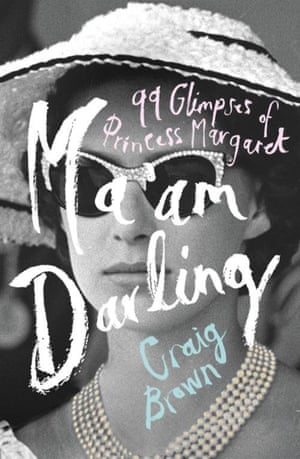
It is intended entirely as a compliment to say that Craig Brown’s Ma’am Darling: 99 Glimpses of Princess Margaret (4th Estate) is astonishingly odd – a cross between biography and satire that perfectly displays Brown’s rare skills as journalist and parodist. A notoriously erratic genre – the comedian’s memoir – yielded two unusually classy examples: How Not to Be a Boy (Canongate) by Robert Webb and Little Me (Canongate) by Matt Lucas. Each writer found an elegant structural alternative to the usual cradle-to-Bafta-award trot-through, and, in examining deep miseries (the death of Webb’s mother, the imprison-ment of Lucas’s father), explored the transformation of pain into comic creativity in a way far beyond the stereotype of the melancholy clown. This Is Going to Hurt: Secret Diaries of a Junior Doctor by Adam Kay (Picador) is so clinically funny and politically important for supporters of the NHS that it should be given out on prescription.
Robert Macfarlane
Wind Resistance; Thoreau and the Language of Trees; Mural
Karine Polwart’s Wind Resistance is unlike anything else I’ve read or heard this year: a new form or forms altogether, really, for it exists as an “immersive musical essay” published by Faber Drama; an album of songs called A Pocket of Wind Resistance with Pippa Murphy; and, formerly, a solo stage show at the Lyceum theatre in Edinburgh. Its subjects include motherhood, geese, moorland, gneiss, migration and deep time, and it manages to make a politics of protest out of its phenomena, as well as a poetics of beauty. It’s extraordinary work. I was also differently fascinated by Richard Higgins’s Thoreau and the Language of Trees (University of California) and Mural, the translation of two of Mahmoud Darwish’s great, long, later poems by Rema Hammami and John Berger (Verso).
Val McDermid
Days Without End; The Long Drop; The Prime of Miss Jean Brodie
The book that has left the most profound impression on me this year is Sebastian Barry’s Days Without End (Faber). It’s a love story, a profound dissection of the horrors of war and a lesson in the hidden side of history, but its impact comes from the dense, rich, imaginative use of language. Absolutely captivating. Another writer whose narrative style elevates her work is Denise Mina, whose The Long Drop (Harvill Secker) revisits a dark episode in Glasgow’s past through the lens of one long drunken night when two men – one a killer, one a bereaved husband and father – confront what lies between them. Mina navigates the uneasy territory between fact and fiction with consummate grace. With Muriel Spark’s centenary on the horizon, I’ve been revisiting her work, and the third book of the year for me is unquestionably The Prime of Miss Jean Brodie (Penguin Modern Classics). It has all the Spark trademarks: dark humour, a non-linear time frame, a sardonic and bleak view of human nature, and a talent to entertain.
Jon McGregor
Too Much and Not the Mood; The White Book; There are More Beautiful Things Than Beyoncé
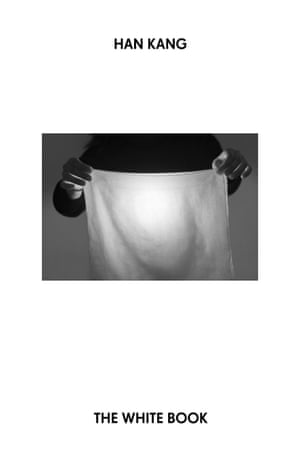
One of the great pleasures and surprises of our digital reading age has been the resurgence of the essay. Who predicted that, in all those Computers Are Killing Literature thinkpieces we’ve had to endure? There have been some excellent essay collections this year, many of which carry pieces that started life online, and I’ve been learning new ways to think about the world, and to write about it, from such wonderful writers as Yiyun Li, Reni Eddo-Lodge and especially from Durga Chew-Bose in her collection Too Much and Not the Mood (Farrar, Straus and Giroux). I’ve barely started reading The White Book by Han Kang (Portobello, translated by Deborah Smith), but I can already tell it will be one of my books of the year. Delicate and thoughtful and concise and dense and strong; this is the kind of writing I like to read slowly. A man (of course) recently claimed that 2017 had been “a thin year” for poetry; this has certainly not been the experience of attentive readers. As well as new collections from the likes of Sinéad Morrissey, Emily Berry, Maria Apichella and the very thrilling Ocean Vuong, I have particularly enjoyed getting my head around the playful rhythms and deadpans of Morgan Parker’s There Are More Beautiful Things Than Beyoncé (Corsair).
Hollie McNish
The Things I Would Tell You; Daemon Voices
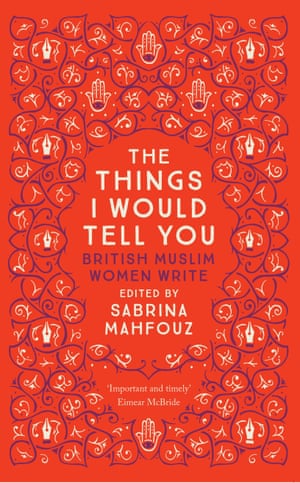
The Things I Would Tell You: British Muslim Women Write (Saqi), edited by Sabrina Mahfouz. I did not choose this book because it was written by women or Muslim women or minority voices. I chose it because the first story I read moved me to tears by the second page, the second story almost made me vomit, the poems made me up my game and the essays were a much needed education. Daemon Voices: Essays on Storytelling (David Fickling), by Philip Pullman. Reading these essays feels almost naughty to me – as if I’m sneaking into a year of lectures and classes with one of the masters of this art that I really should be paying a lot to attend. Here, Pullman shares advice, secrets, thoughts in such a down-to-earth, friendly manner, it almost makes me want to weep. I wondered if it would be too formal, overly intellectualised reading – and I was so happily, pleasantly excited it wasn’t.
Pankaj Mishra
Women and Power; Sex and Secularism; Sour Heart; Swimmer Among the Stars; New People
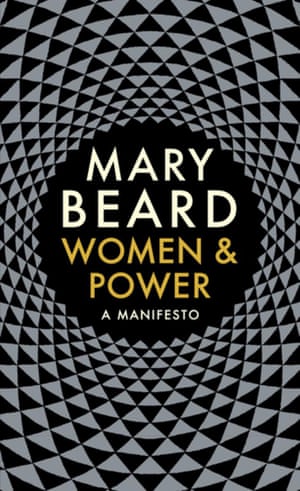
In the first annus horribilis of Trump, I found myself reading more periodicals than books – and small magazines rather than the mainstream journals. Gauging the political and cultural earthquakes of our time, such shoestring publications as n+1, the Point, the Baffler, Dissent and Jacobin seemed far more intellectually agile and resourceful than their rich cousins. Mary Beard’s Women and Power (Profile) and Joan Wallach Scott’s Sex and Secularism (Princeton) offer a series of bracing and illuminating reflections on a whole culture of oppression that ought to have been exposed much earlier. Other insidious hierarchies are revealed by Jenny Zhang’s collection of stories, Sour Heart (Bloomsbury Circus), which deliciously subverts conventions of “immigrant literature”. I greatly admired the imaginative range and adventurousness of Kanishk Tharoor’s stories in Swimmer Among the Stars (Picador), and I also very much enjoyed Danzy Senna’s New People (Riverhead), a witty and stylish novel about the allure and perils of racial belonging.
Blake Morrison
Ghosts of the Tsunami; Mayhem; Between Them; Anything is Possible; The Unaccompanied
When a giant quake and wave hit Japan in 2011, almost all the children who died came from one primary school. Richard Lloyd Parry’s Ghosts of the Tsunami (Cape) describes the errors that led to the tragedy and the efforts of bereaved parents to uncover the truth. Sigrid Rausing’s taut, scrupulous, self-accusing memoir Mayhem (Hamish Hamilton) recounts the story of her sister-in-law’s death from a drug overdose: instead of tabloid sensationalism, we watch a family tragedy unfold. Richard Ford’s Between Them (Bloomsbury) is a loving, late-life tribute to his father Parker (a travelling salesman) and mother Edna: concise, contemplative and evocative of a lost America. The linked stories in Elizabeth Strout’s Anything Is Possible (Viking) are among the best fiction I’ve read this year, and the poems in Simon Armitage’s The Unaccompanied (Faber) the best verse.
Ian Rankin
The Intrusions; The Dry; The Long Drop
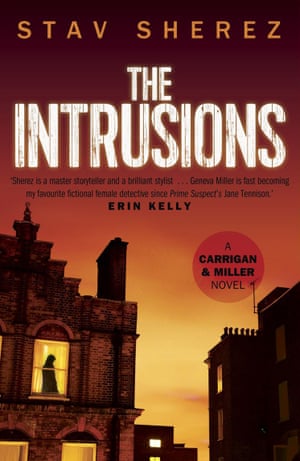
The Intrusions by Stav Sherez (Faber). This talented British author of intelligent crime novels has been under the radar too long. His latest is a Silence of the Lambs for the internet age as a serial killer stalks his prey online, entering and controlling their lives. Chilling and utterly convincing. The Dry by Jane Harper (Abacus). A cop heads home to the drought-stricken Australian outback when an old schoolfriend takes their own life. A mystery from their shared past comes to the fore and enmities (and relationships) are rekindled in a book that has atmosphere to spare, as well as a pleasing number of twists and turns. Elegant and gripping. The Long Drop by Denise Mina. The ever-reliable Mina deserves all the awards she has already won for this, her latest novel. It details one tense night shared by a murderer and the man whose wife and daughter he killed. Games are being played as the two drink their way around late-1950s Glasgow. Remarkably, it is taken from the true story of Peter Manuel, one of the last men to be hanged in Scotland. Absorbing and filled with insights, this is a bravura performance, a true original.
George Saunders
The Locals; Reservoir 13; Kill All Normies; How to Behave in a Crowd
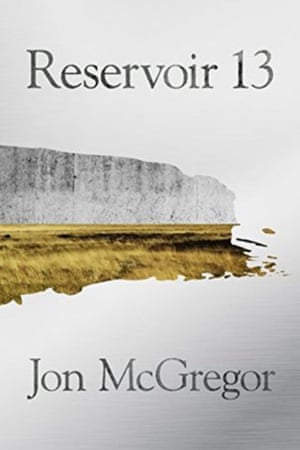
The Locals by Jonathan Dee (Corsair). A compassionate look at the American middle class and what is happening to it and the ways, right and wrong, in which it is responding. Reservoir 13 by Jon McGregor. An original and very moving tour de force, in which the author manages to simultaneously speed time up and slow it down, while also gently outing our readerly hunger for drama, violence and (too) simple closure. Kill All Normies: Online Culture Wars from 4Chan and Tumblr to Trump and the Alt-Right by Angela Nagle (Zero). This short head-butt of a book taught me more about recent political events in a single rich evening of reading than I’ve learned in this entire last and very unpleasant year of obsessively monitoring cable TV, and confirmed for me something I’ve been feeling for a while now, namely that social media is a toxin we are gleefully and cluelessly injecting into ourselves, even as we ask, “Why are we getting so mean and stupid?” How to Behave in a Crowd by Camille Bordas (Tim Duggan). I read this book early in the year, and have carried it around in my mind like a talisman during a busy period of travelling and not-writing, as a reminder of a simple truth, for when I get back to work: good writing is joyful and exists for the purpose of making enjoyment and fun for the reader.
Kamila Shamsie
The Story of a Brief Marriage; The Unwomanly Face of War
Anuk Arudpragasam’s The Story of a Brief Marriage (Granta) is a devastating novel. Set over 24 hours in the middle of a war zone, focused almost entirely on the thoughts and experiences of a man who knows death is coming for him, it’s unlike anything else I’ve read. Sticking with the theme of war, Svetlana Alexievich’s The Unwomanly Face of War (Penguin) is an oral history of women who fought in the second world war. And it’s brilliant.
Ali Smith
East West Street; Days Without End; Home Fire; Tell Me How it Ends
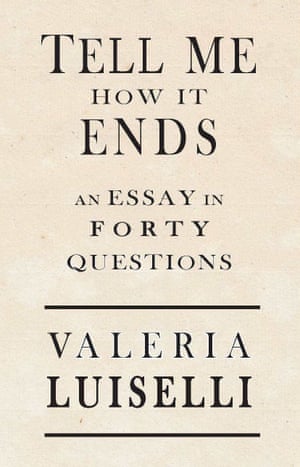
What a year. I started it with Philippe Sands’s East West Street (Weidenfeld & Nicolson), which examines the meaning and importance of law, of the words that go to make it and of life lived well versus life lived foully. It does this personally, universally, locally and internationally with an eye to what unites and protects us from the power-madness of a divide-and-rule mentality that’s once more, right now, courting catastrophe. I think it’s one of the finest books I’ve yet read. Then there’s Sebastian Barry’s Days Without End and Kamila Shamsie’s Home Fire (Bloomsbury Circus). Occasionally you know that one of the writers alive at the same time as you has written the book they were born to write. With Barry, it’s as if every book he writes is a bit like this – and then there’s this novel. It’s a masterpiece. Barry writes warmth so that warmth is a form of truth. Home Fire has lit a light that’ll never go out; Shamsie’s version of Antigone reveals the ancient tragedy we’re living right now. Plus, Valeria Luiselli, can I just shout her name out? A novelist of a rare vitality, whose latest work, Tell Me How It Ends (4th Estate), is an essay about humanity with its back up against the border wall, and is so true and moving that it filled me with hopeless hope.
Jeanette Winterson
Testosterone Rex; Women and Power; Still Life with Feeding Snake; The Lost Words
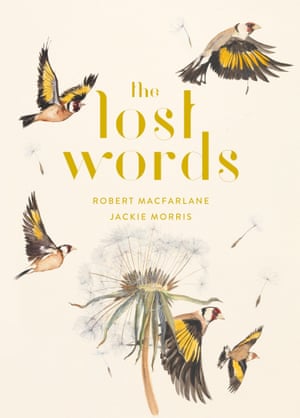
Testosterone Rex: Unmaking the Myths of Our Gendered Minds by Cordelia Fine (Icon). This is a barnstormer! Rightful winner of the Royal Society science book prize. It’s time to stop blaming stone-age brains and testosterone for gender differences, and look at patriarchy. A polemic with all the facts, figures and research papers any feminist or male essentialist will ever need. And it’s funny. Women and Power: A Manifesto by Mary Beard. I have just read this one and had to include it. From the Greeks to Hillary Clinton, 115 rocket-fuelled pages on how power structures at every level exclude and silence women. History helps us to realise we’re not crazy feminists. It’s time to change the world. Still Life with Feeding Snake by John Burnside (Cape). The world is such a mess. These poems concentrate on still-ness, on time that isn’t haste. They deliver a zen remedy of calm alert. The Lost Words by Robert Macfarlane and Jackie Morris (Hamish Hamilton). Gorgeous to look at and to read. Give it to a child to bring back the magic of language – and its scope. Written as a thumbs down to the Oxford Junior Dictionary – that dismal Gradgrind publication of utility without beauty or imagination – The Lost Words is a kingfisher of a book – coloured, soaring, in flight, and with a fish in its mouth.




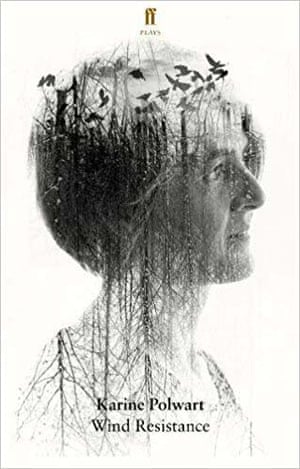

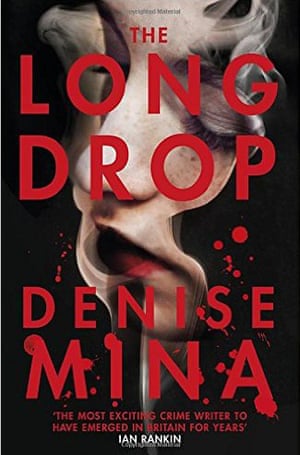




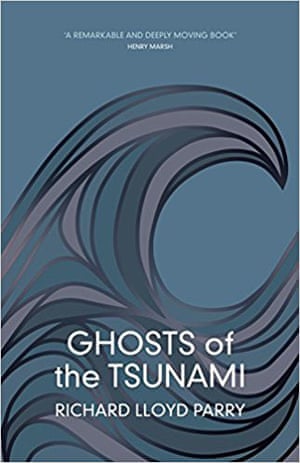



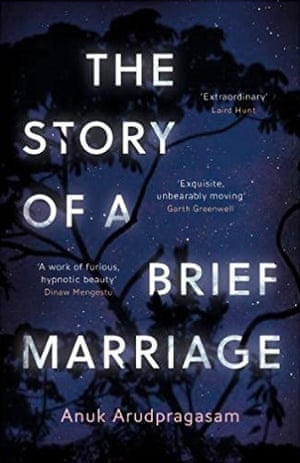



No comments:
Post a Comment